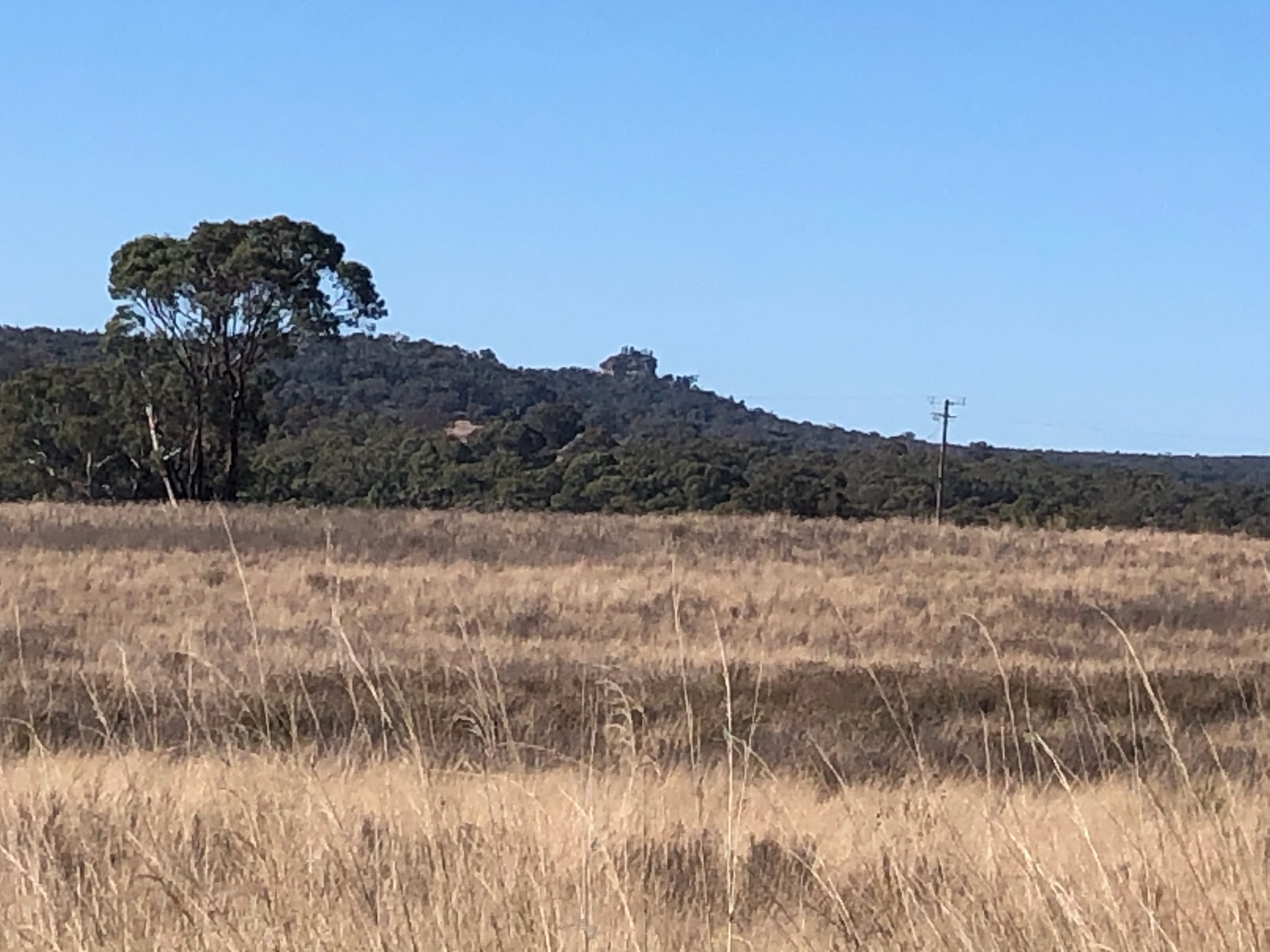
Sunnyside
Born in 1894, my Grandfather Donald was the youngest of the 12 siblings. After returning home from his service in the Light Horse Brigade, and realizing that his mother could not run the family farm on her own, he decided to stay and run the farm forfeiting his dream of becoming a Police Officer.
Donald eventually took over the land, married and had 2 sons both of whom grew up on the farm. The 2 brother Doug and Noel eventually took over the farm to run together as family concern. Doug and Noel both married , and Doug was the only brother to have children. Doug’s children were raised on the family farm. Now, the youngest of his two children continues to live and work the family farm with her children and grandchildren to be the next inline to be the future caretaker of the property.
We feel the Tree Planting Project is an opportunity to regenerate some of our land effected by drought, flood and land erosion. Our choice in trees was influenced by the natural vegetation that currently exist on the land to extend the Koala corridor in the area, attracting native bees, and to eventually provide shade and feed for stock. The trees will also stabilize soil, minimizing erosion into an adjacent natural waterway, improve the pasture and help to restore the environment for wildlife.
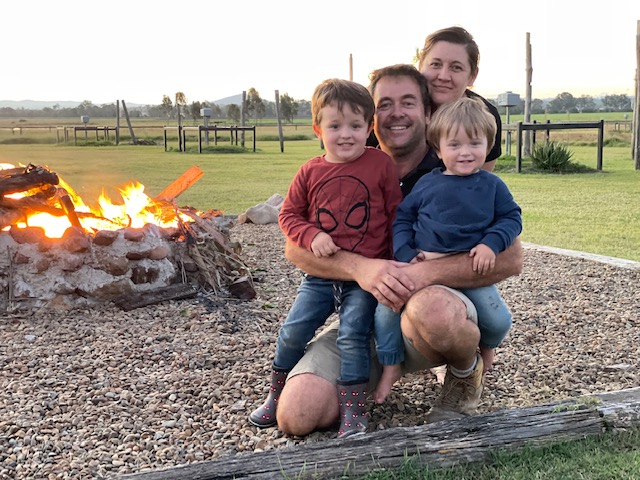
Clancy's on Clarendon
They say the best time to plant a tree is 20 years ago, and the next best time is right now. Trees are key to sequestering carbon, and are a major part of the water cycle, and that is what the land is missing. It is utterly important to me to get trees in the ground, and to care for them so as to get this process going again, and provide habitat for native fauna. It terms of my farm, they will provide shade, and wind breaks, as I move livestock around and between them on pockets of pasture between tree stands on contour lines.
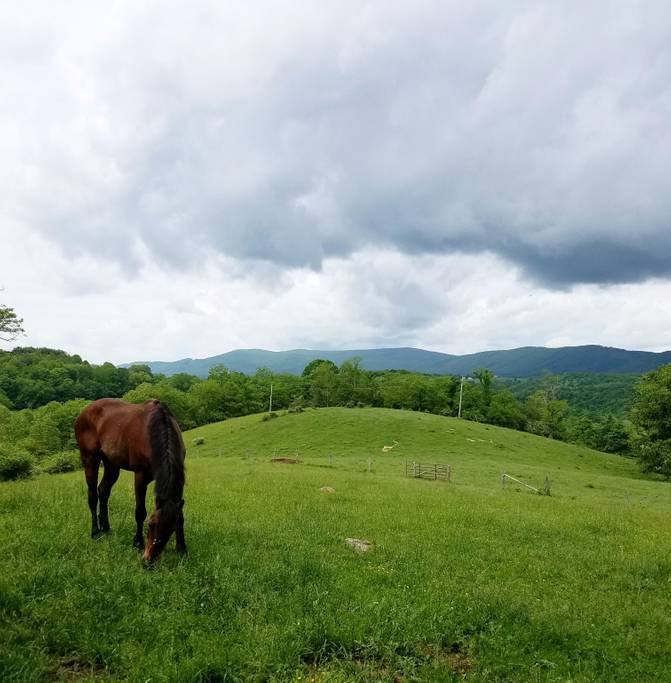
The Blue Horn Farm
The land was originally forest but was cleared for cattle. We are excited to plant trees and bring silvo pasture back to the land.
Our goal is to become Savory Institute Hub certified for proven carbon draw-down.
Its very important to us to leave the land better than we found it to provide future food, nutrition, shelter, etc for those who come after us. It is our goal not only to improve our little slice of heaven but continue to better many other areas around us.
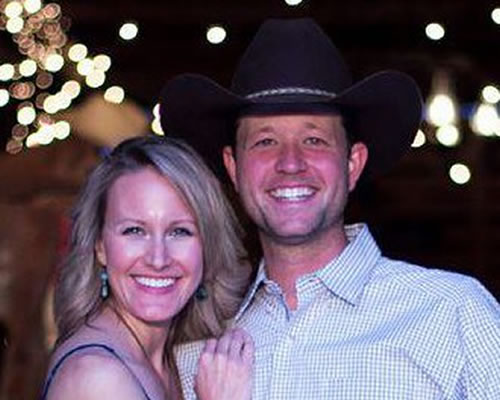
Selah Springs Ranch
This project is important to us because it would help us fulfill so many of our goals for a healthy land ethic on this ranch. Firstly it would greatly multiply the biodiversity of the land, radically transforming the future of the plant communities on the property. This would in turn attract a vast array of wildlife to the property who use these plant communities for food, nesting, and shelter. This project would also help reduce erosion of our precious soils as well as significantly reduce the carbon footprint of the property. And lastly, because this is a guest ranch that welcomes thousands of visitors a year, it would create a wonderful opportunity to educate the public on the importance of carbon sequestration, biodiversity, and an overall commitment to land ethic. We are thrilled by the possibility of such a project and grateful that such an opportunity exists.
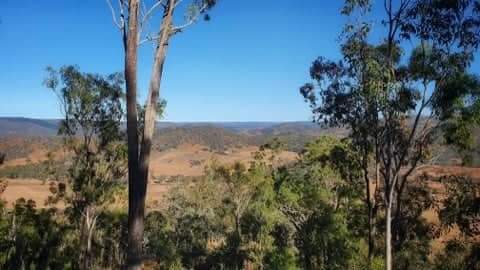
Tuckerimba
It is important to us to leave the country in a better condition than when we purchased in early 2000. Alot of work has been done but with help it will allow us to speed up this process.
Goma farm limited
Already 8 nos trees were grown e.g. Mahogany , Mango etc
This is highly important project especially to mitigate the effect of climate change that invariably brings positive effects to humanity

Sagcoan clan
This project is very important for me and also the whole tribes for cultural survival. We know that the forest is our life and we saw our surroundings are all deforested. We need to reforest this for our kids and future of the tribes because we know that 3-5 years from now we will be the refugees of our own land.
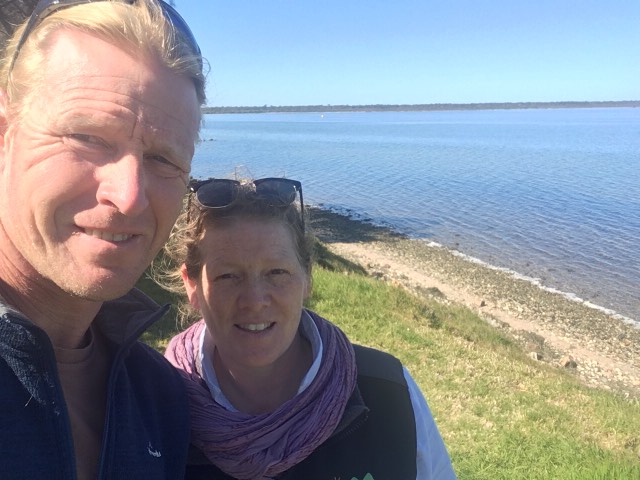
Eat Local Eat Wild
Erik is a passionate ecological arborist - so we are keen to replace and restore our natural landscape into these sensitive areas around the farm. We want to replace some of the landscape that was cleared before we arrived - and encourage more biodiversity, animals and bird species to our farm.
We are proud of the way our land has been restored under our management. Our teenage children are all interested in the land and it has taught us a great deal as a family. We are very interested to share our journey so that others wanting to manage their landscapes better can learn from our journey.
We believe that producers and land stewards are part of the answer in demonstrating localised change. Running our farm on organic and regenerative principles we would be keen to include the community in better education and understanding of what this looks like in practice. Through the ORICoop Eco-Credit project - we are increasing the soil carbon in our soils as well as through improving the biodiversity in tree planting over the next year. Through strategic tree planting we can encourage more diversity of bird species, animals and insects into our natural ecosystem.

Memorial Site for Wynn Bruce
Remembering Wynn as a Climate supporter is extremely important
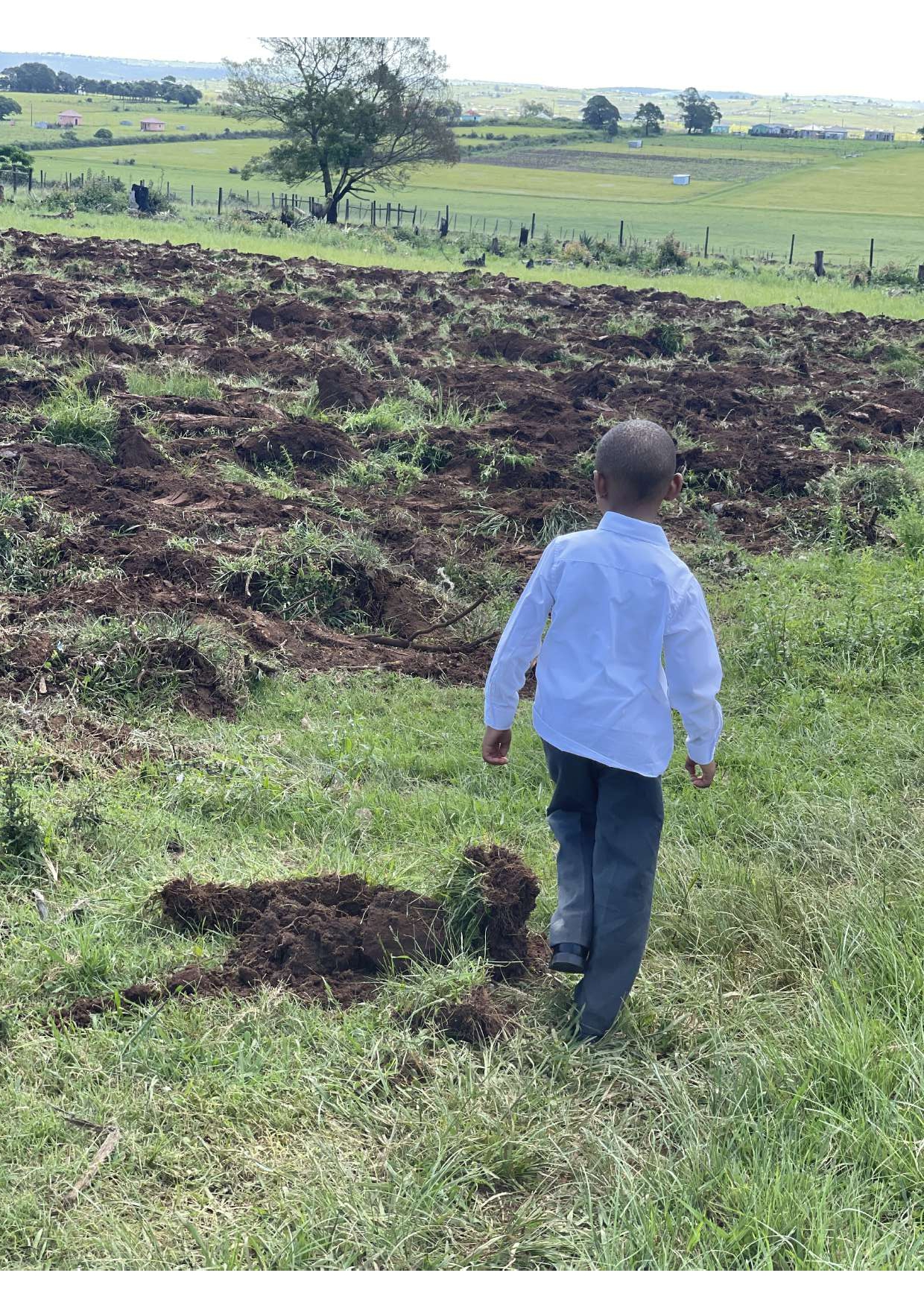
PHAWU LIKUM AGRIPAK
Phawu Likum AgriPak is a Rural Agroecology project that practices and promotes Permaculture principles in shared spaces for a healthier, greener environment. This initiative educates communities and citizens about the benefits of Food forest, Water Harvesting and Conservation while offsetting carbon emissions and transforming the surrounding environment. In May 2022 a total of 200 Fruit Trees, 200 Wild Olive trees, Indigenous herbs, green leafy vegetables, soybean, Sunflower, Vetch, Buckwheat, variety of flowers and wild plants have been planted.
Our plan is to be able to produce enough to feed, the boarder community and ourselves. The aim is to promote for sustainable livelihoods, sustainable development and resilient community building as a model for South African communities
Trees help catch and trap dust, pollen and smoke from the air. Trees absorb pollutants and particulates in the air, filter them, and provide us with clean oxygen. Trees can reduce air temperature by evaporating water, absorbing carbon dioxide, and blocking sunlight. Trees help reduce surface water runoff from homes, buildings, and storms, thus decreasing soil erosion and the accumulation of harmful chemicals and sediments in streams.
